
For appropriate older women screening provides a benefit in this age group by identifying early-stage breast cancer.

Your AI-Trained Oncology Knowledge Connection!


For appropriate older women screening provides a benefit in this age group by identifying early-stage breast cancer.

Geriatricians would argue that biological age alone should not be used to estimate a patient's anticipated tolerance for cancer therapy.

In this review we will discuss how to evaluate older breast cancer patients, including estimating survival, defining functional limitations, and providing guidelines for optimal adjuvant therapies.

According to a study of 12,500 women treated for invasive breast cancer, treatment with trastuzumab (Herceptin) increases the risk of congestive heart failure and cardiomyopathy.
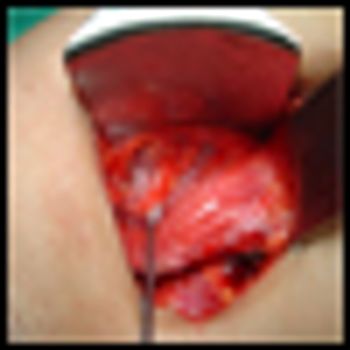
A new study provides evidence that older women with early-stage breast cancer who undergo radiation therapy following a lumpectomy are less likely to require a subsequent mastectomy.

Given the current rate of progress in this field, it may not be completely unlikely that women with hormone receptor–positive breast cancer will be cured of this disease in the foreseeable future.

It is time to develop more active treatments in the early-disease setting that actually eradicate ER-positive breast cancer before new mutations and secondary resistance have a chance to develop. In this regard, standard chemotherapy is not the answer.

In this article, we describe the long natural history of HR+ breast cancer and review current research and clinical strategies to address this clinical challenge.

Results of a phase III trial show early, promising data that the subcutaneous formulation of trastuzumab (Herceptin) is as efficacious and safe as the intravenous version of the drug.
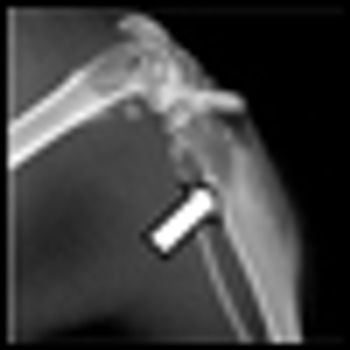
A new study suggests suppression of breast cancer metastasis relies on an antitumor immune response. Researchers found that administering interferon can reduce bone metastases and increase the survival time of a metastatic breast cancer mouse model.

The FDA approved the mTOR inhibitor everolimus (Afinitor) last week for use in postmenopausal women with HER2-negative, hormone-receptor-positive advanced breast cancer patients.
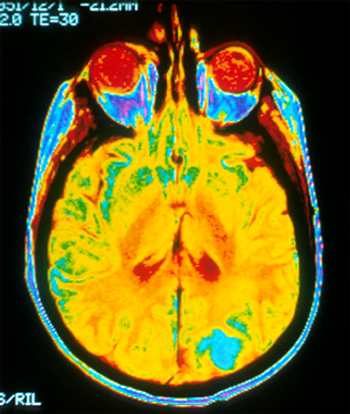
The diagnosis of central nervous system (CNS) recurrence is a much dreaded outcome among breast cancer patients, and its incidence varies with disease stage and cancer subtype.

CancerNetwork speaks with Patricia S. Steeg, PhD, who has recently written a perspective in the journal Nature calling for a shift in both the types of drugs that are developed for breast cancer and in the way clinical trials are designed and executed.

The last two decades have seen the development of a variety of novel therapeutic agents that have improved prognoses for women with breast cancer.

In this issue of ONCOLOGY, Drs. Lim and Lin present a comprehensive and up-to-date review of the basic biology of breast cancer brain metastasis (BCBM) and of emerging strategies for treating this increasingly common complication of advanced breast cancer (BC) (BC is second only to non–small-cell lung cancer in the frequency of central nervous system [CNS] metastasis.)

CancerNetwork speaks with Dr. Sara Hurvitz, director of the breast cancer program at the University of California in Los Angeles. Dr. Hurvitz is actively involved in translational phase I/II breast cancer clinical trials as well as in research to better define distinct types of breast tumors to better design novel targeted therapies.

One of the largest whole-exome sequencing analyses in breast cancer is published this week in Nature, identifying a new gene fusion among a subset of triple-negative breast cancers.

CancerNetwork and the journal ONCOLOGY present an exclusive interview with Dr. Kimberly Blackwell, Duke Cancer Institute, who discusses some of the most important information to come out of this year’s meeting and talks about the future of breast cancer research.

In this article, we review the current guidelines for adjuvant endocrine therapy in both premenopausal and postmenopausal women, and we discuss the clinical trials that were used to develop these guidelines.

The direction of research into adjuvant systemic therapy for breast cancer has been determined in large part by historical and cultural differences between Europe and the United States

The review by Drs. Ruta Rao and Melody Cobleigh in this issue of ONCOLOGY summarizes the state-of-the-art adjuvant hormonal therapy for breast cancer concisely and appropriately.
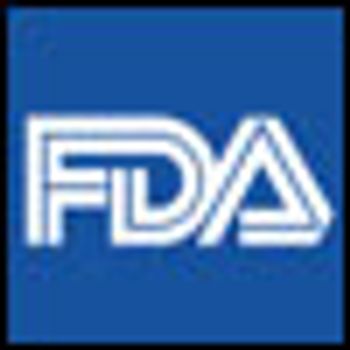
Pertuzumab has been approved in combination with trastuzumab (Herceptin) and docetaxel chemotherapy for women whose breast cancer overexpress the HER2 receptor and who have not received prior systemic treatment.

Researchers have found that circulating tumor cells can predict early recurrence and decreased overall survival in nonmetastatic breast cancer patients who have not yet been treated with chemotherapy.

The results of a randomized phase III trial show paclitaxel beat two newer chemotherapies, nab-paclitaxel and ixabepilone in the treatment of metastatic breast cancer patients who have not had prior systemic therapies.
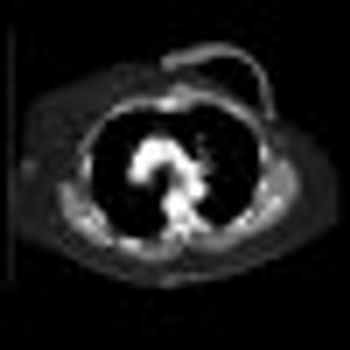
Women previously treated for HER2-positive breast cancer have lower rates of relapse when given a novel peptide vaccine. The AE37 vaccine showed a 43% risk reduction in these patients after 22 months of follow-up in a phase IIb clinical trial.